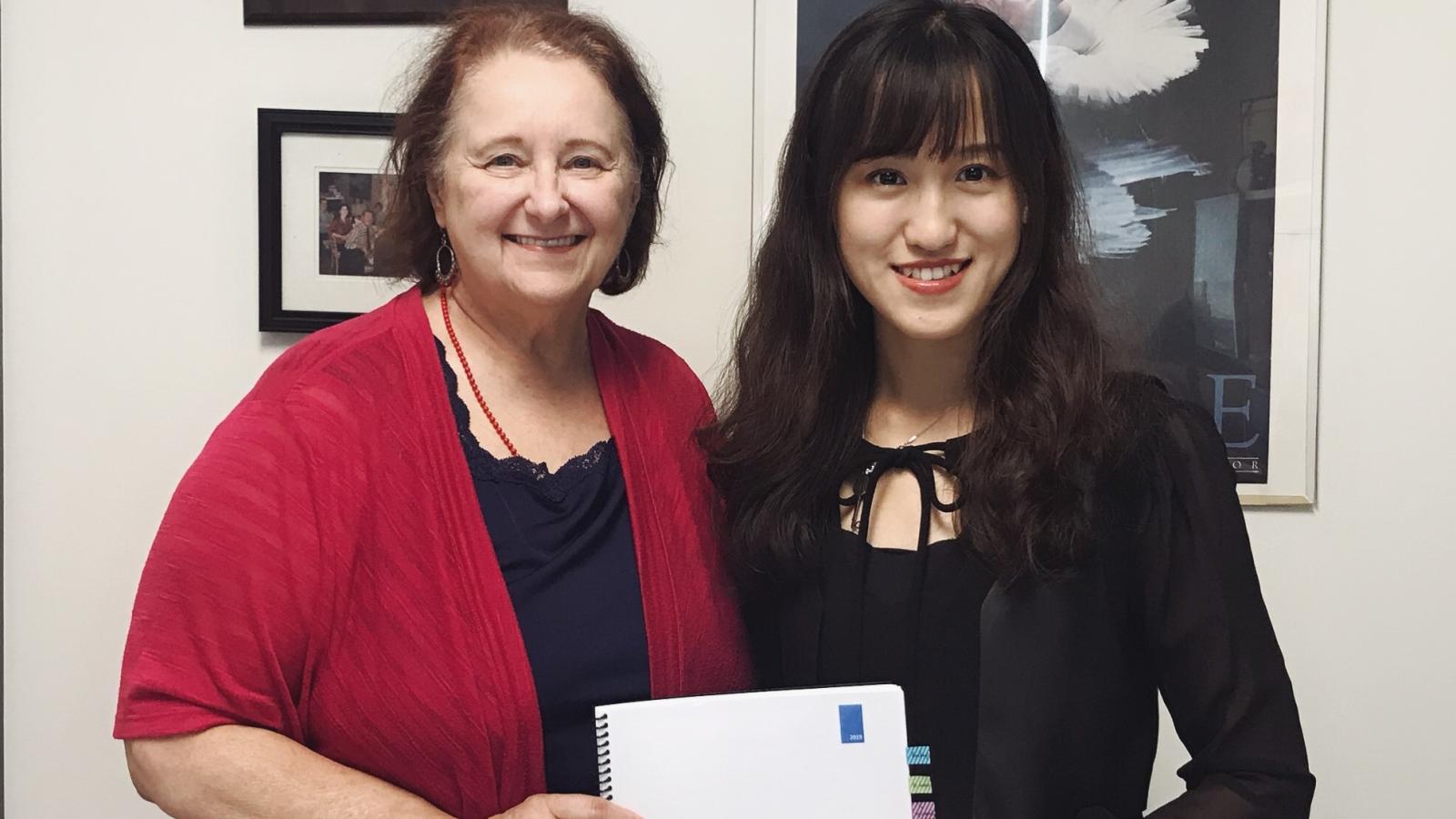Biyun Zhu, PhD Candidate
Biyun Zhu is a PhD candidate in Arts Administration, Education and Policy, specializing in Cultural Policy and Arts Management with a focus in the field of cultural diplomacy. She was the Barnett Fellow from 2016-2018. She recently presented at Social Theories, Politics, and Arts Conference (STP&A) in New Orleans.
Biyun presented her research to answer the question of why and how governments spend money on cultural diplomacy. By focusing on the multi-purpose of cultural diplomacy and the policy design of cultural diplomacy, she compared three national flagship cultural diplomacy practices in her research: the British Council (UK), Fulbright Program (US), and Confucius Institute (China). The research concentrated on the commonalities among the three practices and the divergences of the goals, strategies, and implementation preferences of the three practices.
The research proposes that the currently prevailing notion "cultural diplomacy is a tool" is a problematic assumption. Cultural diplomacy as a tool implies isolation from the goals. However, through analyzing the logic of policy design, Biyun proposes that cultural diplomacy is an integral policy design that included both goals and tools. Moreover, cultural diplomacy is neither just domestic nor foreign policy. It is an integration of both with more considerable implications. To be more specific, cultural diplomacy is a response of a country to its changing power status in the world. A "tool" is a very imprecise description that impedes a full understanding of cultural diplomacy. Cultural diplomacy should be termed as the cultural component of the national strategy.
Biyun proposes the concept "shell" and "flesh and bones" in what has been borrowed and transferred in policy learning. For instance, China's cultural diplomacy practice, the Confucious Institute, borrowed the "shell" from the British council, for it learned the structure and content of the programs in the British Council. However, the "flesh and bones", such as the ideology embedded, is with rich Chinese characteristics.
If you want to hear more about Biyun Zhu's research, please contact Biyun Zhu.

